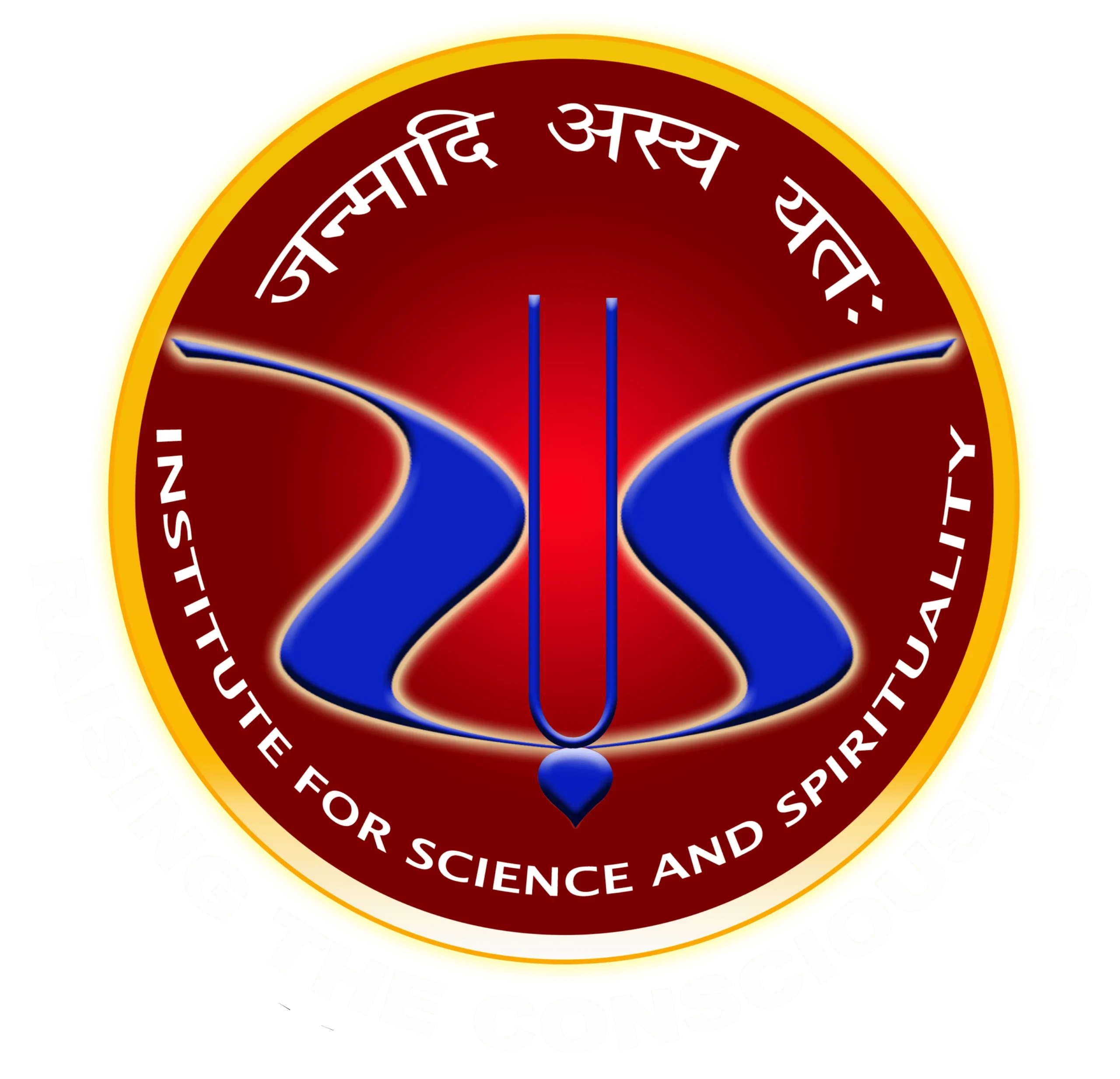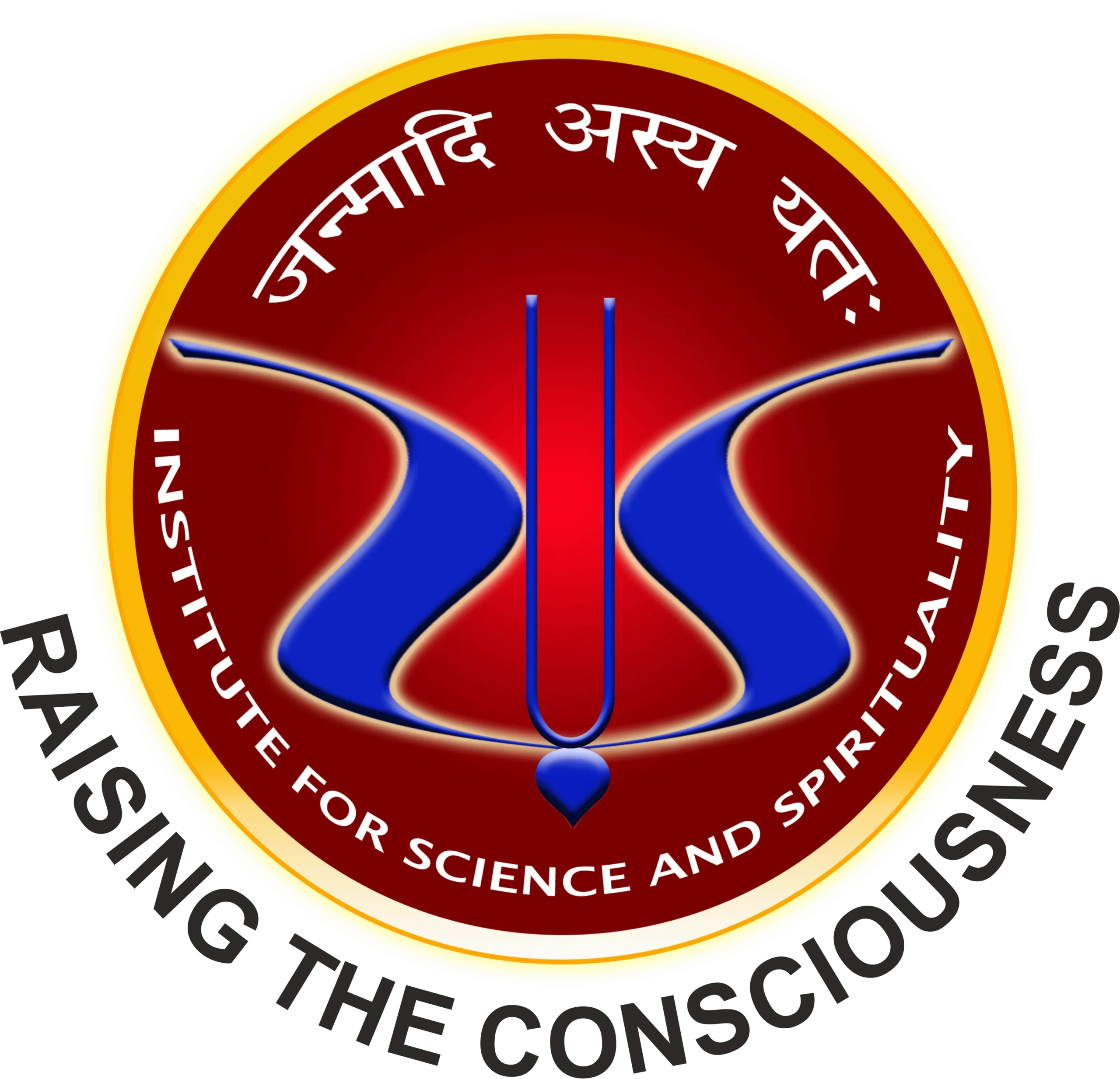Bhāgavatam and Society
Socio-Cultural Impact of Śrīmad Bhāgavatam
The Śrīmad Bhāgavatam stands as a revered scripture, playing a pivotal role in uniting the diverse cultural tapestry of India. Its influence is profound across various domains.Religiously, it serves as a unifying force within Hinduism, fostering devotion to Lord Kṛṣṇa and creating a cohesive religious identity that transcends regional and sectarian differences.Culturally, the scripture's narratives, ethical teachings, and philosophical insights contribute to the integration of diverse cultural practices, fostering a shared understanding among the people.Artistically, the stories from the Śrīmad Bhāgavatam inspire a myriad of expressions—from classical dance to visual arts—creating a shared cultural heritage that resonates across India.
Philosophically, its emphasis on devotion (bhakti) has provided a common ground for different philosophical traditions, contributing to a sense of shared understanding and purpose.These cultural, religious, and philosophical aspects have led to the celebration of festivals like Janmāṣṭamī across India, creating a collective experience that unites people in joyous festivities.In literature, its verses inspire poets and scholars, contributing to a shared literary heritage that transcends regional and linguistic boundaries, while its ethical teachings influence the collective conscience of the Indian people.In summary, the Śrīmad Bhāgavatam stands as a beacon of unity in India, weaving together the diverse threads of religion, culture, art, philosophy, festivals, literature, and ethics into a rich and harmonious tapestry that reflects the cultural heritage of the nation.

